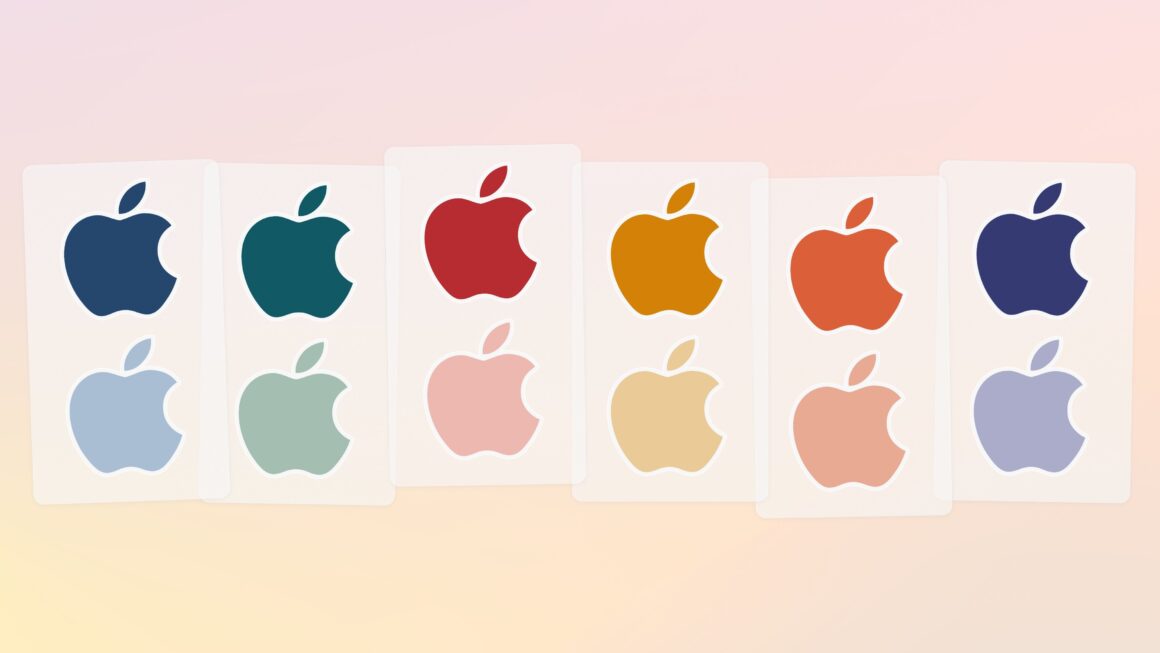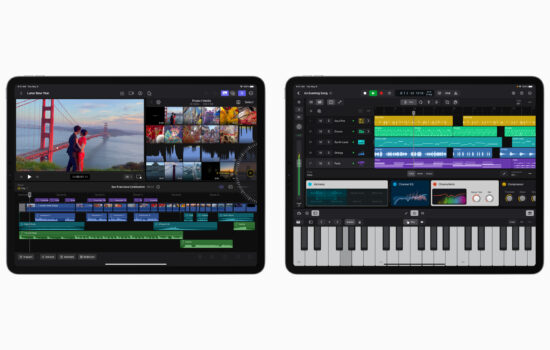With a market cap of over $3.3 trillion, Apple is the largest company in the world. The tech giant has spread to almost every corner of the globe and become one of the best-known brands in history. Alongside this incredible achievement, the brand has attracted a significant fanbase who eagerly await the release of the next Apple product.
However, in stark contrast to all the diehard Apple fans, there is also a significant base of people who dislike the brand. This faction of users ranges from indifference toward the newest arrival on the Apple docket to outright hatred of the brand and anything related to it.
While “hating” a brand might seem quite unwarranted, there are distinct reasons why some people have such strong feelings towards Apple products. Read on us we delve into these and see why one of the most beloved brands on earth is also one of the most hated.
Early History
Part of why Apple is disliked by many can be traced back to its origins. Launched in 1976, Apple was among the first companies to challenge giants like Microsoft and IBM through innovation and releasing new technologies that helped shape modern systems.
However, early on, Apple isolated itself from other brands and companies. Rather than working together with others to move forward, the brand began making exclusive products that weren’t compatible with other companies’ systems and were often considerably more expensive.
These actions quickly earned the brand the title of elitist, with many believing that the company and those who purchased its products were out of touch with most users’ everyday requirements.
This deep-seated belief that Apple products are only purchased by those who see themselves as superior has continued even with the release of newer products that let you do everything from capture stunning images to get free sc coins at social casinos in style.
Contributing Factors
In addition to the elitist mindset of some Apple product owners, several other contributing factors have fueled the hatred the brand has experienced. While some of these factors are due to public perception and cannot be controlled by the company, others are directly related to the company’s actions.
Competition
Stemming from late 2010 when Apple’s founder declared a “Holy War on Google,” many people have subscribed to the notion that it has to be Apple or Android. There is nothing else in between.
This belief has made people choose a side that, had it not been for these companies’ competitive attitude, they may have otherwise remained indifferent about. Both parties have actively maintained this war, with the green bubble campaign and other differences between the brands causing even more division among users.
Ecosystem
Another aspect that turns some users off Apple is its closed-off ecosystem. This ecosystem, which is also one of the most significant perks of using Apple devices, ensures that all your devices work seamlessly with each other and makes file sharing a breeze between your Apple smartphone, tablet, and desktop or laptop.
However, due to the closed nature of the ecosystem, Apple products are often not compatible with those of any other brand. More than this, Apple devices usually have fewer personalization or customization options than other brands.
This inability to communicate with other devices or make them fully customizable has frustrated users, with many who have Apple smartphones but Windows devices deciding to leave Apple due to incompatibility or vice versa.
Pricing
Another thorn in many users’ sides is the price of Apple devices. When compared to other brands, Apple products often cost significantly more. This has added to the belief the brand thinks itself superior and has made many believe that the cost is more related to the logo and brand than the device itself.
While there is some truth to this, Apple products are made from high-quality materials (such as glass and titanium) that increase the manufacturing cost. Additionally, these devices maintain a high resell value, helping increase the cost of the initial layout but ensuring a return on investment later on down the line.
Lack of Innovation (Repetition)
Although not a factor in its early years, Apple has more recently come under fire for a lack of innovation—particularly in the constant release of new versions of its popular iPhone. The company, which consistently works to make improvements, has been called out for releasing the same or similar devices with minimal changes and under a new name.
Users not accustomed to Apple see this lack of innovation as an attempt to get as much money from clients as possible. However, the company has refuted these claims by outlining the upgrades or revisions to each new device iteration and proving that it is still innovating to create better products.
Additionally, work on items like the Apple Vision Pro shows that the company is still exploring new avenues and technologies.
Brand Culture
Finally, Apple users’ attitudes (often perceived as the brand’s culture) has turned many against the technology giant. Unfortunately, users who openly look down on those who use other brands have often been mistakenly portrayed as the majority of Apple users.
This misconception has, again, fueled the belief that the brand is elitist and that only those of a particular lifestyle and stature can obtain and use an Apple device. For this reason, particularly in poorer countries, Apple devices are seen as a status symbol and a way of measuring how well someone is doing financially and in life in general.
Justified or Not?
Due to the above reasons to hate Apple, the division between Apple and non-Apple users has become more apparent than ever. However, whether this justification is valid or not continues to be argued.
For the most part, the hatred is unjustified, and many hate the brand for unjust reasons that are simply immaterial to whether or not its devices operate well and help achieve their end goal. However, some of the reasons appear to be at least somewhat justified.
The most prominent of these is some Apple users’ tendency to look down on non-Apple users. While these no doubt make up the minority of users, this faction tends to be the most vocal and, therefore, is often seen as the majority by outsiders.
Should behavior toward users of other devices shift, there is a strong likelihood that the hatred of Apple that some people have will decline. Either way, some haters will likely continue besmirching the brand—with or without reason.









Cool AI-written article, non-existent bro.